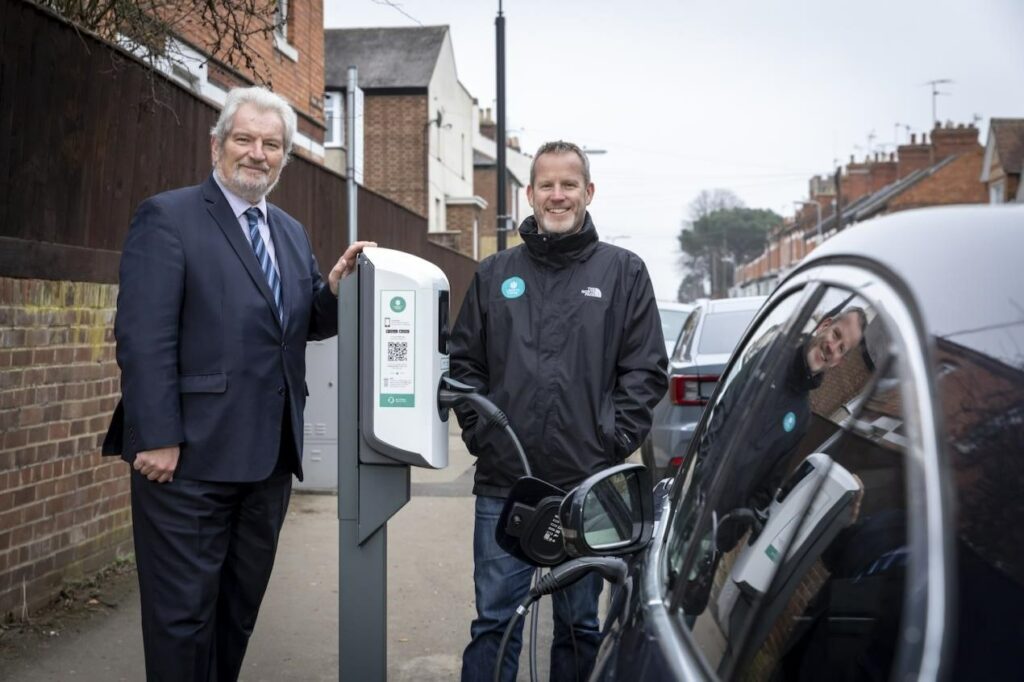A cohesive strategy is needed from government to tackle the resource challenges faced by local authorities, which are currently holding back the installation of electric vehicle (EV) infrastructure.
In a new report, EV charge point operator Liberty Charge has detailed how just 14% of local authorities in the UK have dedicated resources for improving EV infrastructure. A lack of funding and guidance from central government also means that they can only allocate 15 hours per week to EV projects.
As such, local strategies are falling massively behind government ambitions. Just 10% (30,290) of the 300,000 charge points targeted by the government have so far been installed, with 90% of households still more than a five-minute walk from their nearest charge point.
Of those local authorities interviewed for the Transforming the Delivery of Local Authorities On-Street EV Charging, 75% said budgetary issues are a barrier to infrastructure adoption, while a further 59% point to a lack of guidance from central government as to where the charge points should be located, as the key reasons installation rates were falling behind.
According to Liberty Charge, the results are particularly disappointing given the government’s ‘Levelling Up’ agenda, which looks to ensure less affluent areas are benefitting from electrification.
One in seven drivers admit they won’t switch to driving an EV until there is convenient infrastructure in place. There are 11 million households that currently have no access to off-street charging at home.
The study found that 70% of local authorities believe that government spending should be repositioned to level the social inequity and improve accessibility in deprived and rural areas. Additionally, 77% agree that investment from central government should be focused on ensuring every households has access to a charge point.
“We work very closely with many local bodies and in truth, the rollout of EV charge points is a brand new concept to many. We cannot just expect they all have the relevant experience and knowledge of how these networks work, nor can we just leave them to figure it out,” said Neil Isaacson, CEO Of Liberty Charge.
“There needs to be a cohesive strategy from the Government as to how we tackle the challenges of resourcing, and having just 15 hours a week to dedicate to the issue is not enough to create a sufficient network for all drivers to begin making the switch.”
In March, the government set out its Electric Vehicle Infrastructure Strategy, which included £50 million to local authority resource for the entire UK EV network.
However, this would only cover each local authority hiring one person for two years, which isn’t sufficient for the long term rollout of EV infrastructure, Liberty Charge said.
The company is involved in a number of projects with councils, including with Croydon Council, Wandsworth Council and for two local councils in Northamptonshire.





